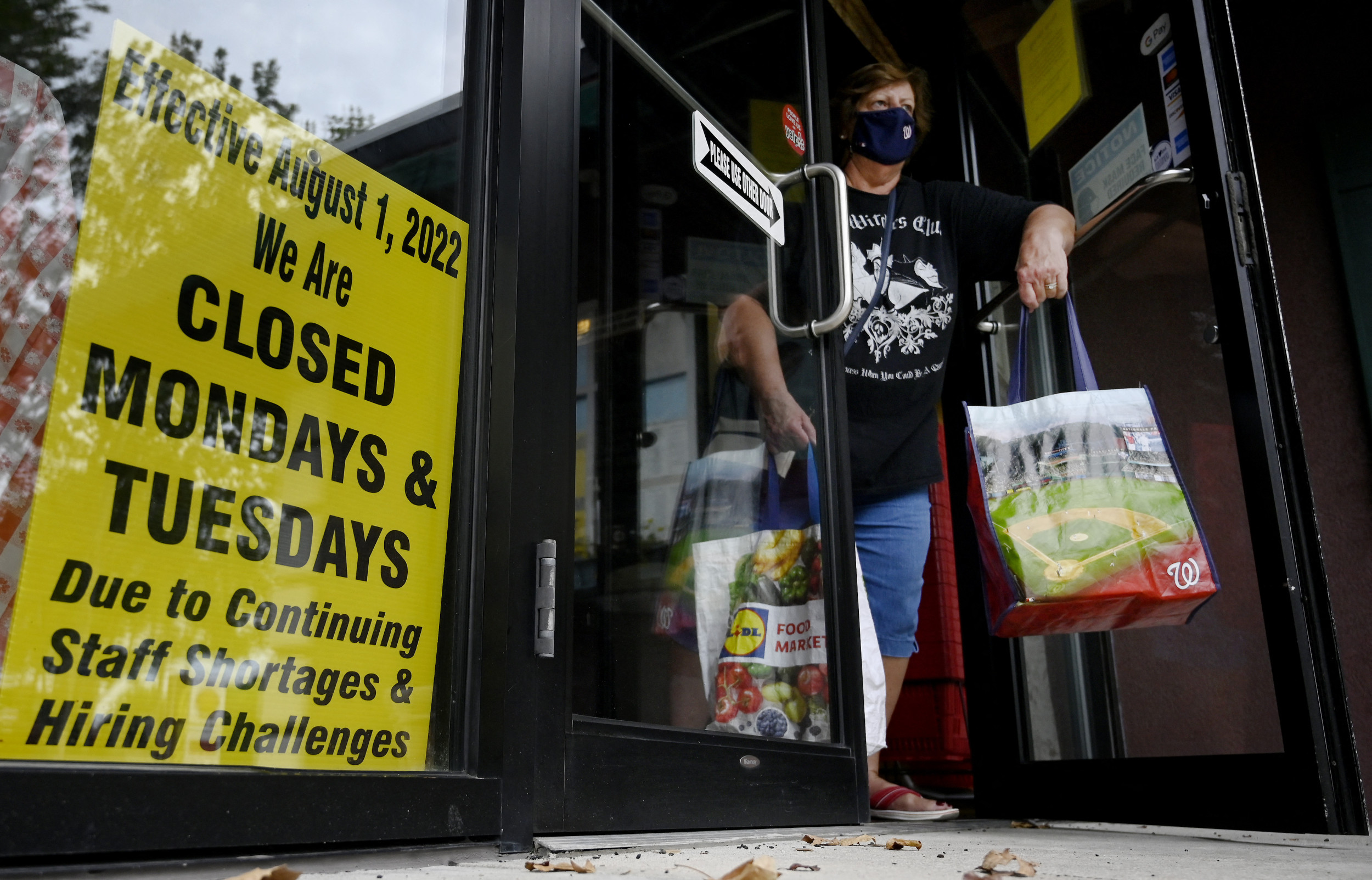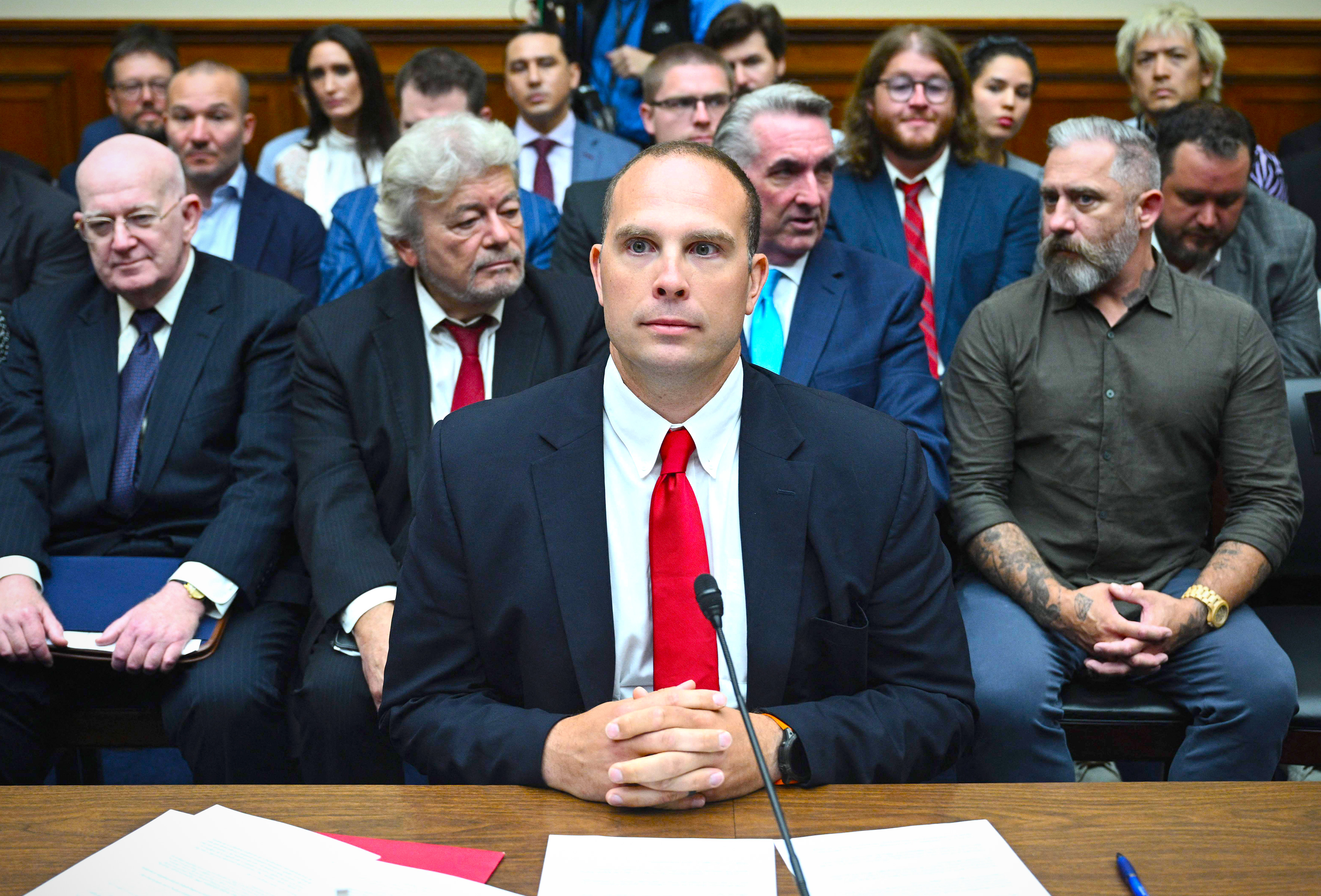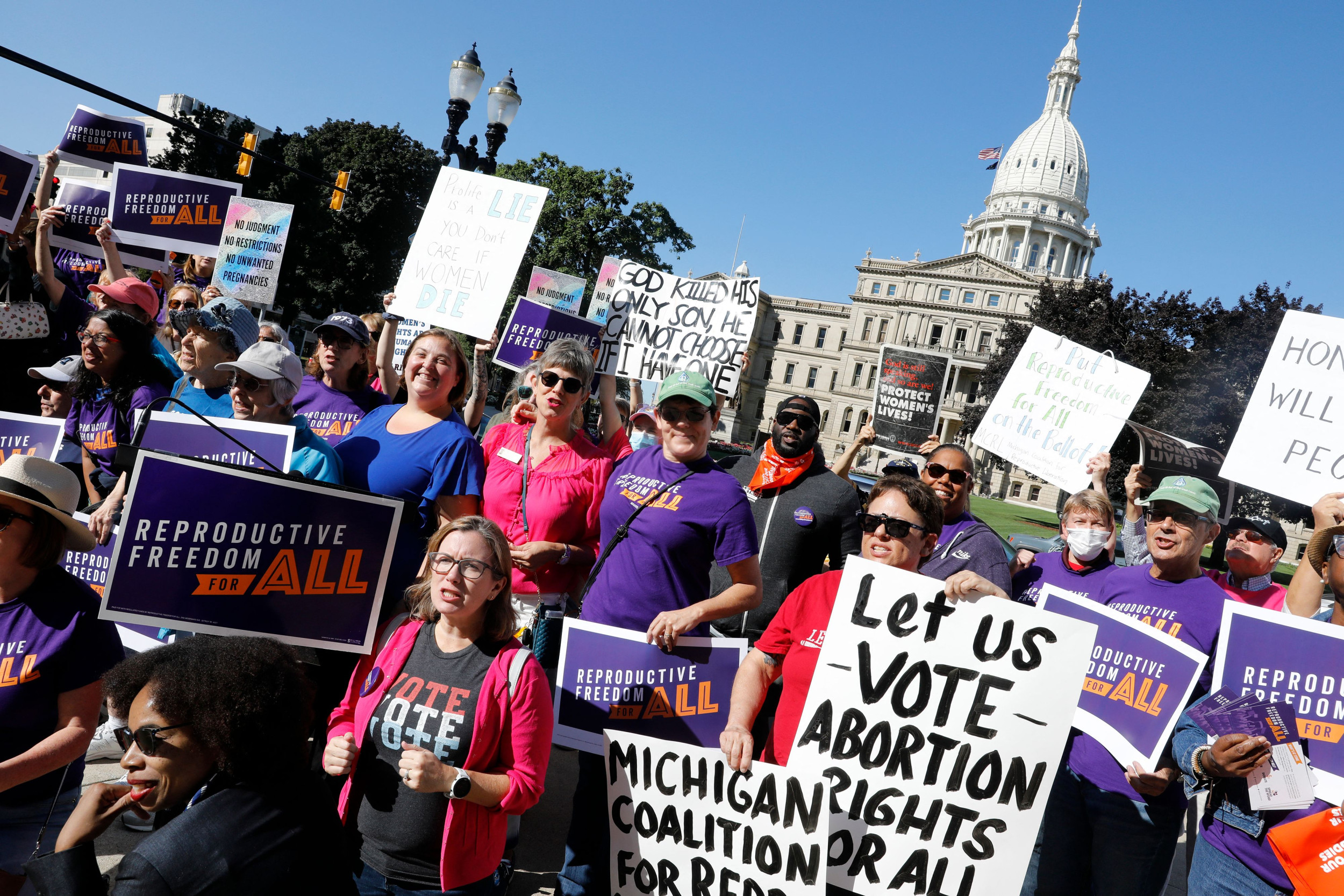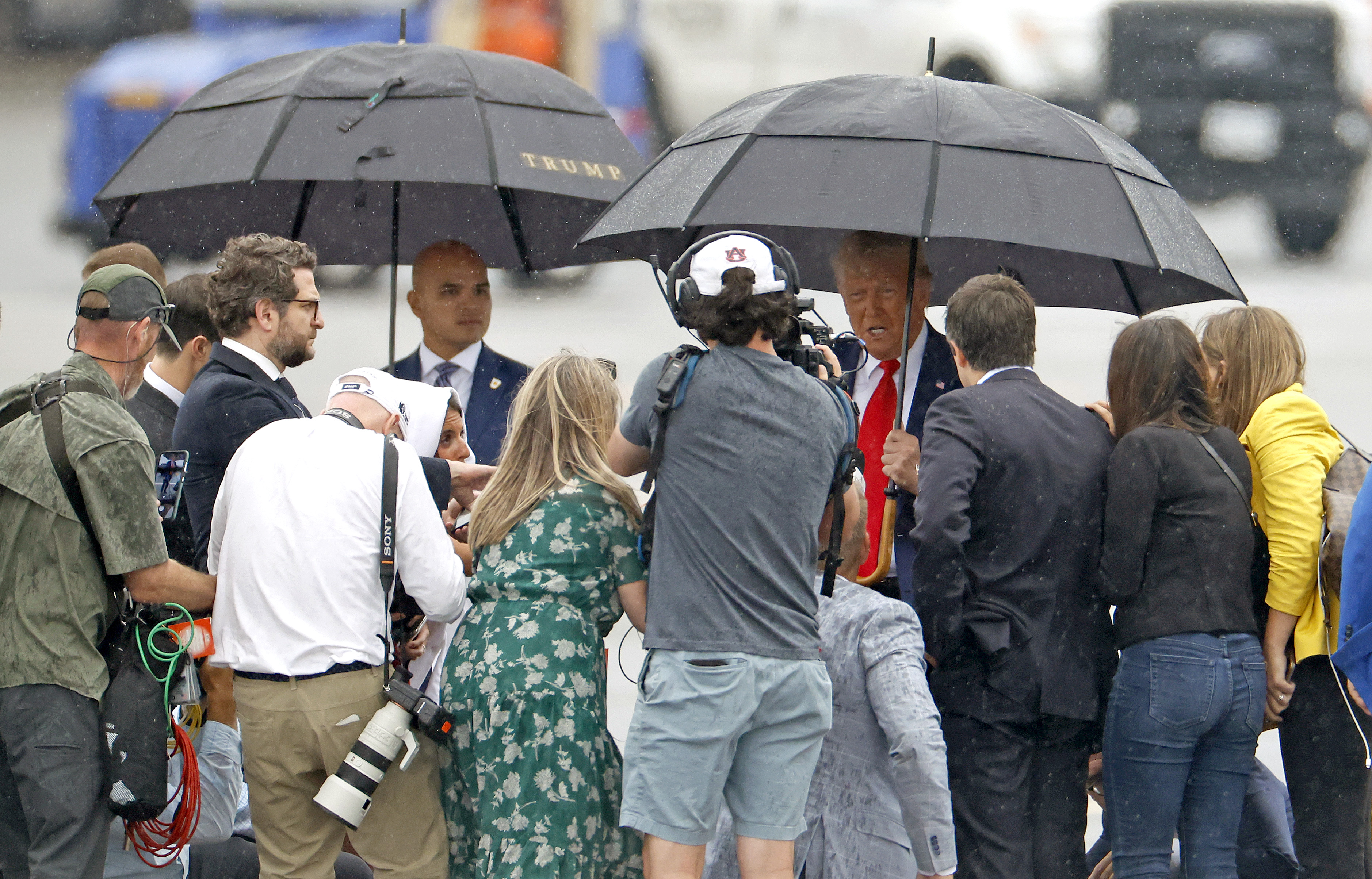Fire crews are battling three large bush fires on the Hawaiian island of Maui that have caused power outages, evacuations, extensive destruction and the deaths of at least 36 people.
County of Maui officials said on Wednesday afternoon that nearly 100 firefighters had been working around the clock to battle the blazes, with the National Guard, U.S. Navy and Coast Guard assisting emergency operations.
The fires have so far impacted around 271 structures, with "widespread damage" to the historic resort town of Lahaina and the surrounding area. Phone lines—including access to 911—and water supplies have also been affected.
But how did the fires start? Officials have said the exact cause of the ignition of the fires remains unknown, but have pointed to a National Weather Service (NWS) prediction that a mix of dry conditions and strong winds had created perfect conditions for the infernos to spread.

"We don't know what actually ignited the fires, but we were made aware in advance by the National Weather Service that we were in a red flag situation," Major General Kenneth Hara, adjutant general of the Hawaii National Guard, told reporters in a Wednesday briefing.
Hot, Dry Conditions
The NWS has said that the rapidly moving wildfires in Hawaii have been facilitated by a mix of dry vegetation, low humidity and heat—as well as hurricane winds from a passing storm system—all of which are known to increase the likelihood and spread of wildfires.
Fire officials in Maui warned on Tuesday that "erratic" winds and dropping humidity had made the path and speed of the wildfires' spread difficult to predict.
"Not only is the vegetation very dry but the ground is very dry," Mark Maslin, professor of earth system science at University College London, told Newsweek. "It's usually problematic when you've had a dry winter that goes into a dry spring—and then you hit summer."
He added: "You need very hot conditions because that then super-heats the air temperature on the ground, and then you just need a spark."
The blazes in Hawaii come amid a spate of heatwave-induced wildfires that have spread across the southwestern United States, as well as Europe and Canada—the conditions of which some experts believed have been exacerbated by climate change.
Early in August, an 80,000-acre wildfire spread across California and Nevada—and in late June a wildfire near Phoenix took hold of nearly 2,000 acres and led to the evacuation of more than 1,000 residents. Meanwhile, several states in the Southwest have been regularly experiencing temperatures over 100 degrees Fahrenheit.
Maslin pointed to recent modelling which showed fluctuations in the Jetstream—an atmospheric division between colder air from the poles and warmer air from the equator—over the areas that had recently faced devastating and deadly wildfires.
"The big hotspots over North America, over southern Europe and China/southeast Asia are the big dips in the Jetstream," the author of several books on climate change explained. "And that is also what is happening to Hawaii—which is it hasn't got the winter moisture and it's not getting anything now because it's in one of those hot dips, where the really hot tropical air is basically just sitting over them."
As the average temperature of the earth warms, more energy is being pushed into the weather system, contributing to greater volatility in the Jetstream.
This makes it shift further northward and southward than usual, precipitating freak hot weather events in areas closer to the poles than historically expected, such as 2022's heatwaves in Europe, and cold snaps further towards the equator, such as the winter freeze as far south as Texas in December.
Hurricane Winds
Officials have primarily laid the blame for the speed at which the fires spread on Hurricane Dora, which passed the Hawaiian archipelago at a safe distance earlier in the week, but brought winds of up to 81 miles an hour to the islands.
"This is an unprecedented disaster as an indirect result of Hurricane Dora passing just south of our islands," Lieutenant Governor Sylvia Luke said on Tuesday as she announced an emergency proclamation.
"Wind is critical because we all blow on a fire to get it going," Maslin said. "When you have high winds with fire, it means that it can jump large distances between trees and vegetation."
Fire officials on Maui warned that the winds can send embers up into the air and ignite areas far away. "The fire can be a mile or more from your house, but in a minute or two, it can be at your house," said Jeff Giesea, Maui's fire assistant chief, in an update on Tuesday.
Nighttime visible imagery observations of the eye of Hurricane Dora. Seen earlier this morning by NOAA-20 VIIRS. pic.twitter.com/SKLGkqFoaV
— CIRA (@CIRA_CSU) August 7, 2023
But while the hurricane winds may be pushing the fire further faster, it still takes hot, dry conditions for wildfires to occur—and a spark to get them going. While many wildfires are believed to be caused by humans—either inadvertently or not—some are caused naturally, such as by lightning strikes.
Maslin noted that another problem facing Hawaii was that "all the water that would have been in that hurricane just completely missed them—and so it's that sort of Catch 22 which is you don't want the hurricane, but you wouldn't have minded the edges basically dousing Hawaii in some water."
Farming Practices
Another potential factor in the wildfires that has been mooted is modern agricultural practices, which campaigners say depletes organic content in soil that binds it together.
In a tweet on Wednesday, Kaniela Ing, a former Democratic state representative, wrote: "The gross mismanagement of land by greedy developers and land speculators destroyed our natural landscape and buffers and enabled the rapid spread of the fire."
For those in 4th grade and below—colonial greed because in addition to “dry vegetation, high wind, and low humility” caused by the climate crisis—the gross mismanagement of land by greedy developers and land speculators destroyed our natural landscape and buffers and enabled the…
— Kaniela Ing (@KanielaIng) August 10, 2023
Maslin said that while this was a "compounding factor" of the wildfires, "it's a balancing act, because you can have modern agricultural systems [in] which you can try to mitigate against fire."
The climate professor cited the example of Greece, where "they were managing the land properly when lots of people worked on the land, but now they're not because everybody has moved to the city." He added: "The management that was relatively successful at preventing wildfires has ceased."
But he also said: "If you have dense, tropical forest all over your island, it is very, very difficult to actually have wildfires because the vegetation itself prevents that."








